
این یک لوگو یک آگهی یا پیوند وابسته نیست. بلکه یک سازمان است که در مأموریت ما سهیم است و به مولفان این قدرت را میدهد تا بینش خود را به صورت بایت اشتراک گذاری کنند.
رومی بایتها را برای مطابقت با
استانداردهای
لازمه مروری میکند و برای تکامل و اعتبار مطالب مسئولیت دارد.
در مورد همکاری رومی با شرکایش
بیشتر بیاموزید.
Did you know your diet has an impact on your body and also on your brain?
 Photo by Szabo Viktor on Unsplash
Photo by Szabo Viktor on UnsplashThe brain uses about 20% of the body’s calories. After all, it is an energy-intensive organ that controls the whole body. Now that’s power!
A healthy diet can keep your brain sharp and healthy as you age. If you want to improve your concentration, memory and overall brain structure, read on.
آیا می دانید؟
What Makes Brain Foods Special?
Nutritionists recommend we eat healthy diets which include lots of fruits, vegetables, legumes and whole grains. Protein from plant sources and fish are beneficial, as are healthy fats.
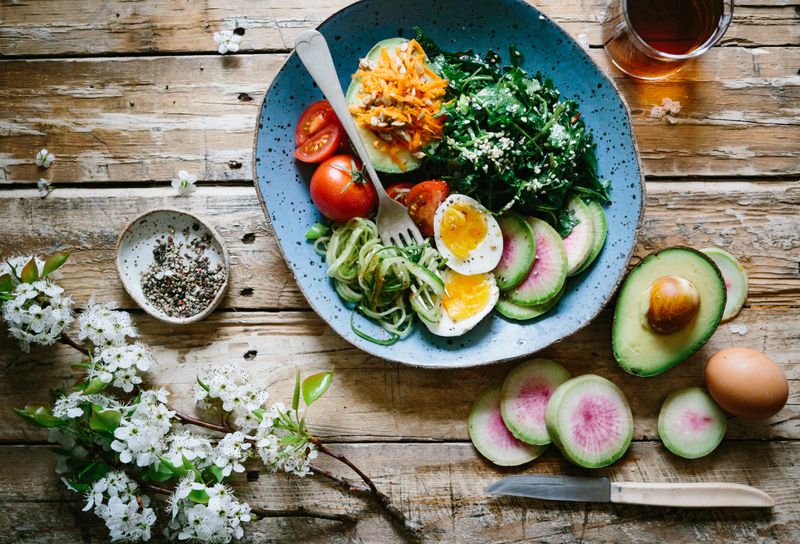 Photo by Brooke Lark on Unsplash
Photo by Brooke Lark on UnsplashSome of these foods are extra rich in healthy components like omega-3 fatty acids, B vitamins and antioxidants, which support brain health. Incorporating these into a healthy diet can improve health and functioning of your brain.
آیا می دانید؟
Foods For Your Brain
Green, Leafy Vegetables
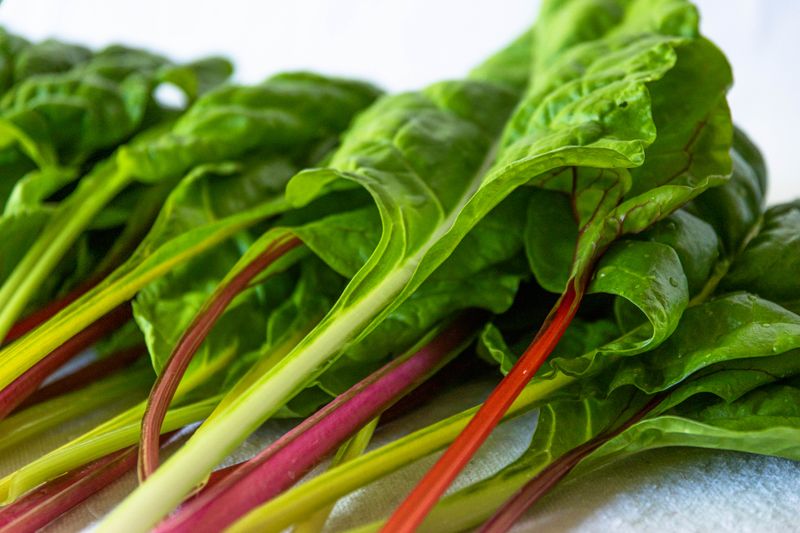 Photo by Sophie Mikat on Unsplash
Photo by Sophie Mikat on UnsplashExamples: kale, spinach, collards, broccoli, arugula, cabbage and more
Contain: nutrients like vitamin K, lutein, folate and beta carotene
Reasons: these plant-based foods may help slow cognitive decline; broccoli is very high in Vitamin K (essential to forming sphingolipids, a type of fat densely packed into brain cells); one serving of kale contains as much Vitamin C as an orange, which can protect your brain against damage from free radicals
Fatty Fish
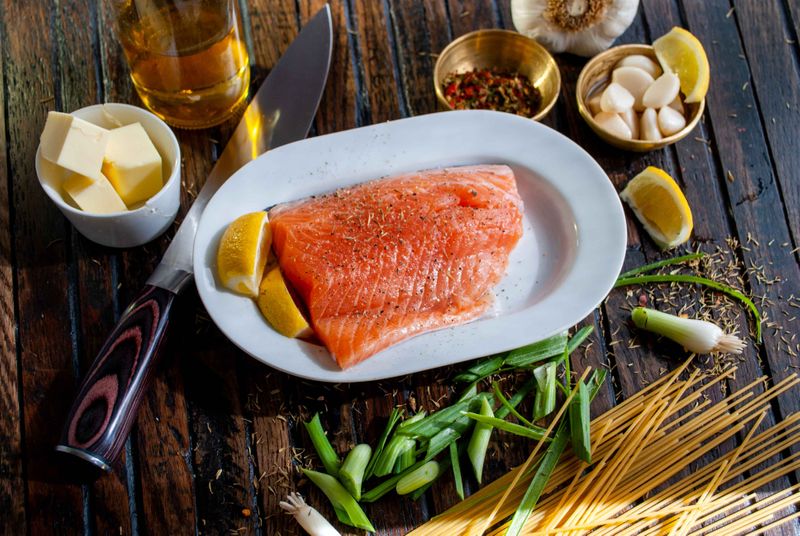 Photo by David B Townsend on Unsplash
Photo by David B Townsend on UnsplashExamples: salmon, trout, tuna, mackerel, sardines, herring, anchovies and more
Contains: omega-3 essential fatty acids, healthy unsaturated fats
Reasons: linked to lower levels of beta-amyloid, which is connected to Alzheimer's; not getting enough omega-3s is linked to learning impairments and depression; fatty fish produce serotonin, the good mood brain chemical, enhance memory and help manage stress
Berries
 Photo by Alex Block on Unsplash
Photo by Alex Block on UnsplashExamples: blueberries, blackberries, strawberries, acai berries and more
Contain: flavonoids (the natural plant pigments that give berries their colours) and antioxidant compounds
Reasons: reduce inflammation and oxidative stress in the brain; improve communication between brain cells; help brain cells form new connections, which aid learning and delay memory decline
Dark Chocolate
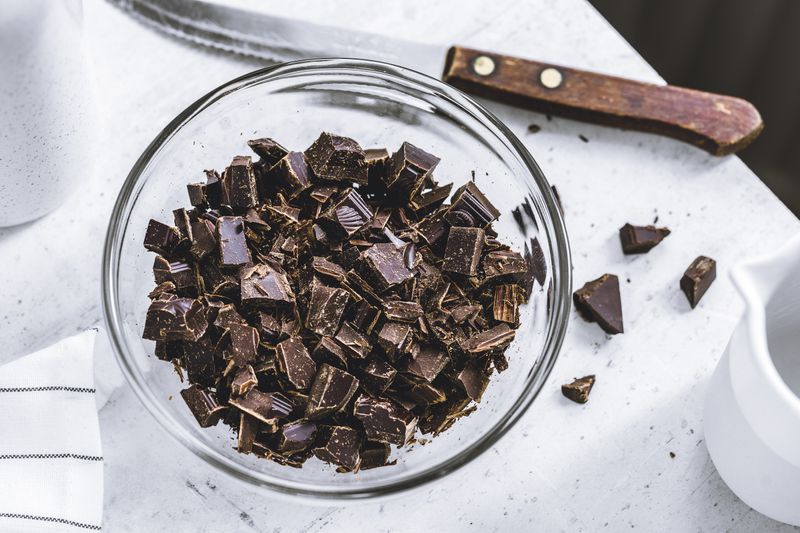 Photo by Dovile Ramoskaite on Unsplash
Photo by Dovile Ramoskaite on UnsplashAlso called semisweet or bittersweet chocolate, it contains at least 55% cocoa; there are many varieties.
Contains: flavonoids, which are strong antioxidants; magnesium, zinc, fibre and a caffeine-like plant-based stimulant
Reasons: improves blood flow to brain; combats fatigue and effects of aging; naturally boosts memory, mood, focus and alertness; improves brain plasticity
Coffee and Tea
 Photo by Tea Creative │ Soo Chung on Unsplash
Photo by Tea Creative │ Soo Chung on UnsplashThese are familiar! Worldwide, we consume 2.16 billion cups of tea and 2.25 billion cups of coffee every day worldwide!
Contain: caffeine; brain-boosting antioxidants
Reasons: increase brain activity; support processing information; boost short-term concentration; support mental function; may help solidify new memories; reduces risk of cognitive decline, stroke, Parkinson’s disease, and Alzheimer’s
Nuts and Seeds
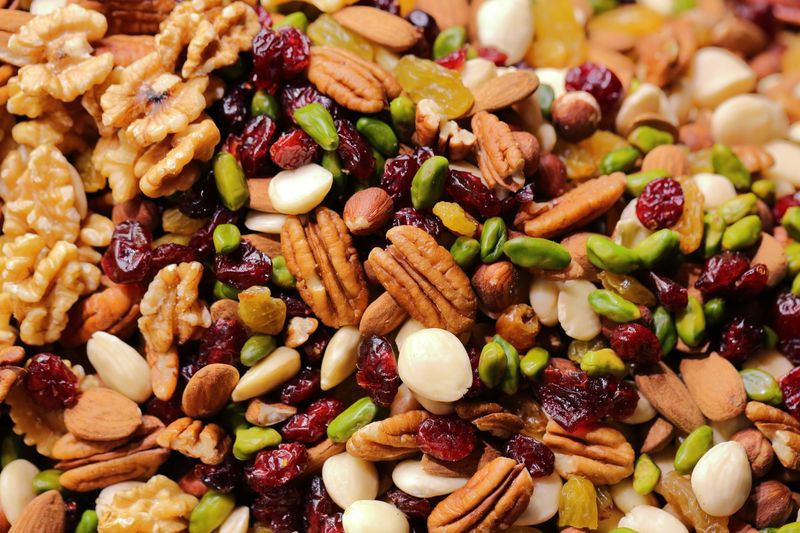 Photo by Maksim Shutov on Unsplash
Photo by Maksim Shutov on UnsplashExample: walnuts, almonds, peanuts; flax, chia, pumpkin seeds and more
Contains: walnuts are high in omega-3 fatty acid alpha-linolenic acid (ALA); pumpkin seeds are rich in many micronutrients important for brain function; nuts are rich sources of vitamins
Reasons: walnuts help lower blood pressure and protect arteries, which is good for brain and heart; nuts and seeds improve memory and protect cells from oxidative stress
آیا می دانید؟
Even More Foods For Your Brain
Turmeric
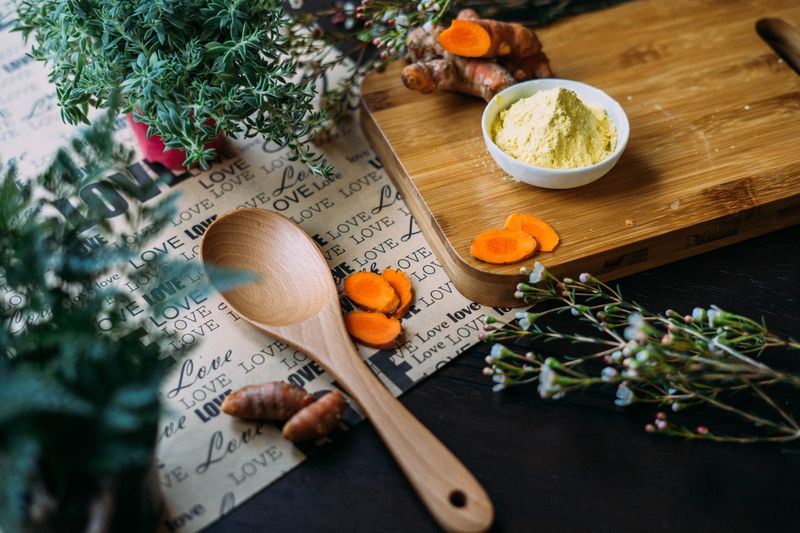 Photo by Chinh Le Duc on Unsplash
Photo by Chinh Le Duc on UnsplashThis colourful spice is very versatile.
Contains: more than 300 naturally occurring components; flavonoids (which are strong antioxidants); magnesium, zinc, fibre and a caffeine-like plant-based stimulant
Reasons: curcumin boosts serotonin and dopamine, which both improve mood; it improves blood flow to brain; combats fatigue and effects of aging; naturally boosts mood, focus and alertness; improves brain plasticity
Avocados
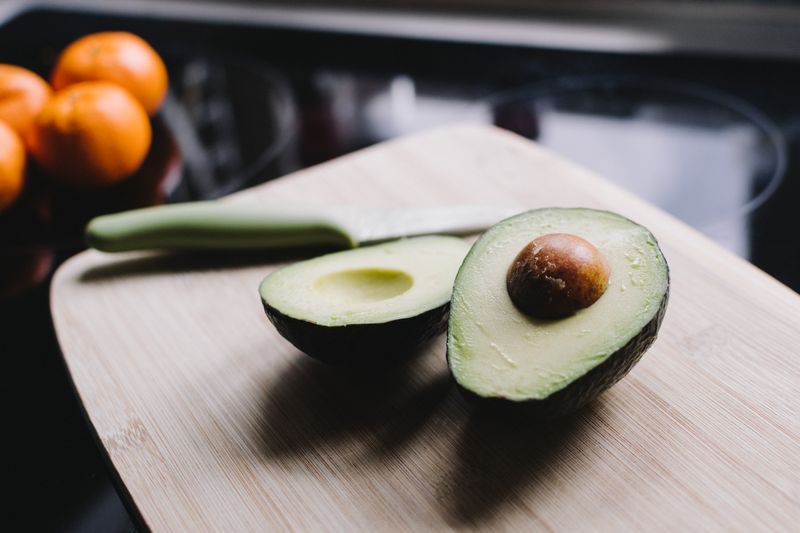 Photo by Kelly Sikkema on Unsplash
Photo by Kelly Sikkema on UnsplashThese fruits grow in many countries around the world. Mexico is the world's leading producer
Contain: monounsaturated fats promoting healthy blood flow; copper folate; vitamins B, C, and E; potassium
Reasons: support information-carrying nerves in the brain; help promote flood flow; linked to better brain functioning; improve problem-solving skills and working memory
Whole Grains
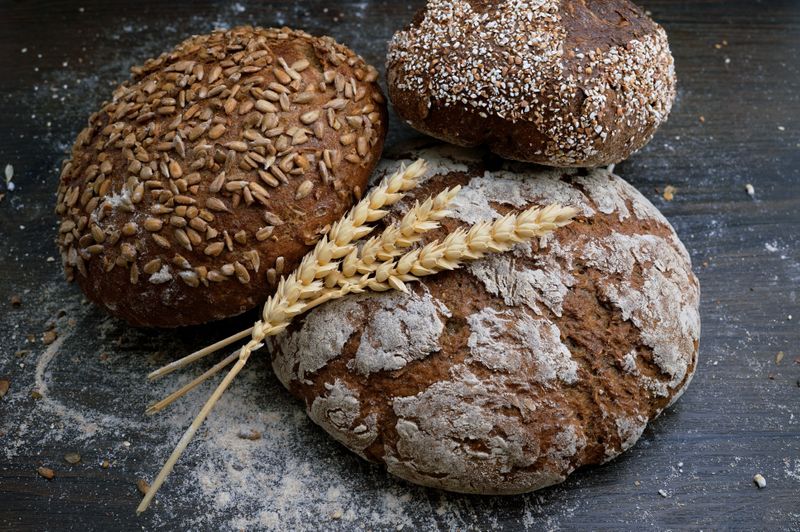 Photo by Wesual Click on Unsplash
Photo by Wesual Click on UnsplashExamples: brown rice, buckwheat, barley, bulgur wheat, oatmeal, rye, quinoa, corn, spelt, whole-grain breads and pasta, and more
Contain: healthy fats, vitamin E, B vitamins, phytochemicals, antioxidants
Reasons: promote cardiovascular health and flow to the brain; support overall brain health
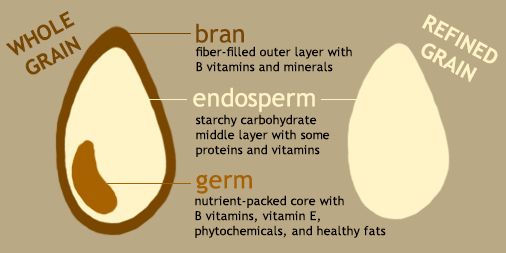
Beans
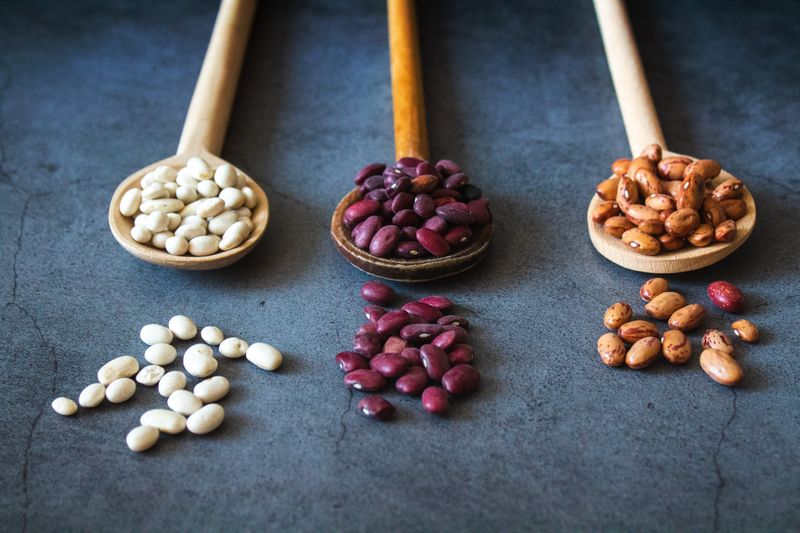 Photo by Tijana Drndarski on Unsplash
Photo by Tijana Drndarski on UnsplashExamples: chickpeas; kidney, black, soy, pinto, navy, cannelloni, fava, red and more
Contain: brain-friendly nutrients such as magnesium, zinc, fiber antioxidants and folate
Reasons: beans provide more folate than any other food; folate is essential to brain function (deficiency leads to disorders and impairment); beans stabilize brain-dependent glucose (blood sugar) levels
آیا می دانید؟
Tips And Ideas
Some of these foods may be new to you. Experiment to find easy ways to enjoy and benefit from the ones you like best.
Here are some ideas:
Green, leafy vegetables: Steam to preserve nutrients; blanch kale (dip into boiling water, then ice water) before serving or freezing; add fresh or frozen spinach or kale to smoothies – you won’t even notice!
Fatty fish: Try to eat fish at least twice a week. If you don’t like fish, ask your doctor about taking an omega-3 supplement, or choose other omega-3 sources like flax seeds, avocados or walnuts.
Berries: Start your day with berries in a smoothie or eat them as healthy snacks.
Dark chocolate:High cacao content (72% or greater) is recommended as it is low in sugar but still tasty.
Coffee and tea: Don’t have too much! Up to 400 milligrams of caffeine each day is safe for most healthy adults (about four cups of coffee). Try green tea instead of coffee.
Turmeric: Blend in smoothies; drink with warm milk; add colour to rice, lentils, chicken or even macaroni and cheese!
Nuts and seeds: Create your own mix with other healthy ingredients and small pieces of dark chocolate.
Avocados: Enjoy in salads, sandwiches, dips or smoothies.
Whole grains: Because these contain the entire kernel, half the grains you eat should be whole, instead of refined-grain products. These are easy to cook extra to freeze and serve later, saving time.
Beans: Choose what you prefer: canned, fresh, frozen or dry are all beneficial.
It's a learning process - have fun!
 Photo by Jason Briscoe on Unsplash
Photo by Jason Briscoe on Unsplashسوال
You are on deadline and need to focus. Which meal will boost your brain power most?
Salmon, greens and berries are your best choice here. Pasta and breads should be specified whole-grain. Some milk chocolate has as little as 10% cocoa, so it is not recommended.
Take Action
Small changes in your diet can make a big difference to how your body and mind feel.
When you find what works for you, it will optimize your body, mental and emotional state - not to mention your productivity, so you can give your best to the world!
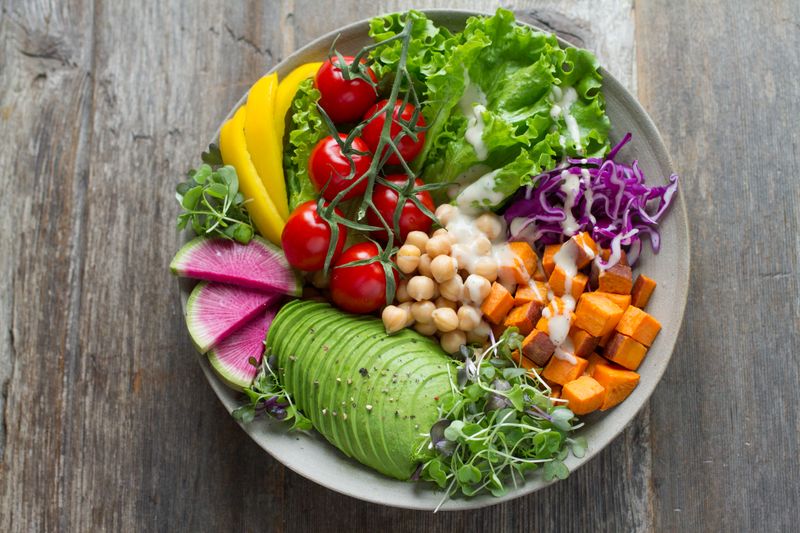 Photo by Anna Pelzer on Unsplash
Photo by Anna Pelzer on UnsplashChange starts with your next trip to the grocery shop.
Nourish your body and nourish your brain!